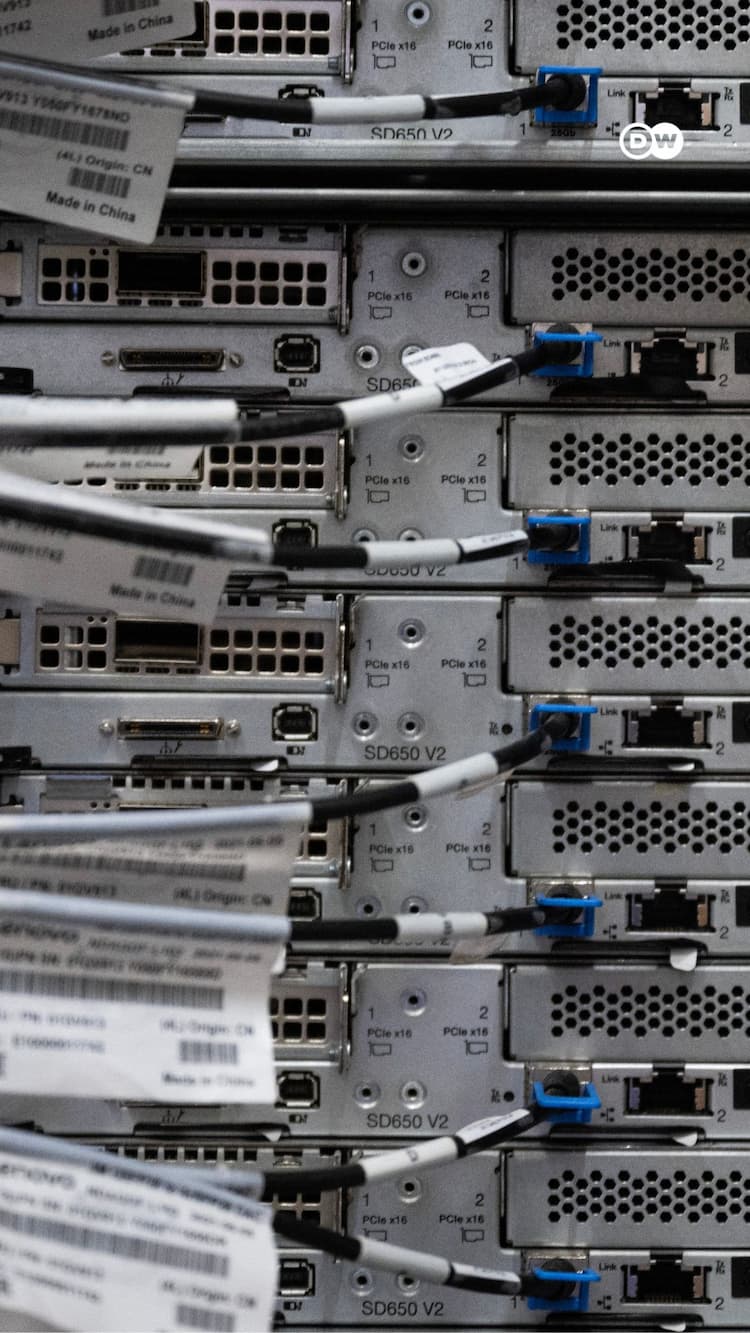Online scams in India just went nuclear — ₹22K Cr lost in 2024
India's cyber fraud crisis has gone from bad to explosive. In just one year, scammers siphoned off a massive ₹22,812 crore from Indian citizens — nearly triple the losses in 2023, and almost 10 times what was lost in 2022. And this may just be the start.
India ranks second globally in crypto attacks
According to The State of AI-Powered Cybercrime: Threat & Mitigation Report 2025, released by GIREM and Tekion, India reported 95 major cyber attacks in 2024 — second only to the US. The report, unveiled by Karnataka Police chief MA Saleem, paints a dire picture of India’s digital vulnerability.
What’s more alarming is the 409% spike in crypto-related attacks in just one year. Malware cases rose 11%, ransomware attacks jumped 22%, and IoT-related breaches surged 59%. The numbers point to a threat landscape that’s not only evolving, but accelerating fast.
AI is fueling smarter, more dangerous scams
One of the biggest weapons in a scammer’s arsenal now is artificial intelligence. The report notes that over 82% of phishing attempts in 2024 used AI-generated content — from deepfake videos to fake WhatsApp messages and forged government posters.
A growing trend? QR code phishing. Victims are tricked into scanning malicious codes through fake ads or links, only to be redirected to fake UPI portals that silently harvest their banking data.
From cities to villages: Cybercrime has gone rural
Urban centres like Bengaluru continue to top the charts, logging 17,623 cybercrime cases in 2023, up from 9,940 the previous year. But what’s changing is the speed of spread into rural India.
In rural Karnataka alone, cybercrime reports nearly doubled between 2022 and 2024. Even tribal regions — which had zero reported cases two years ago — logged 12 incidents last year. The shift reflects rising digital adoption in areas where cybersecurity literacy is still alarmingly low.
Digital growth, but no safety net
As India’s internet penetration deepens, so does its exposure to online threats. The country has lost a total of ₹33,165 crore to cyber fraud over four years, and without stronger safeguards, that number will only climb.
The report’s warning is clear: India’s digital future is at risk. And unless cybersecurity becomes a national priority, we’re only setting ourselves up for bigger, costlier attacks.









